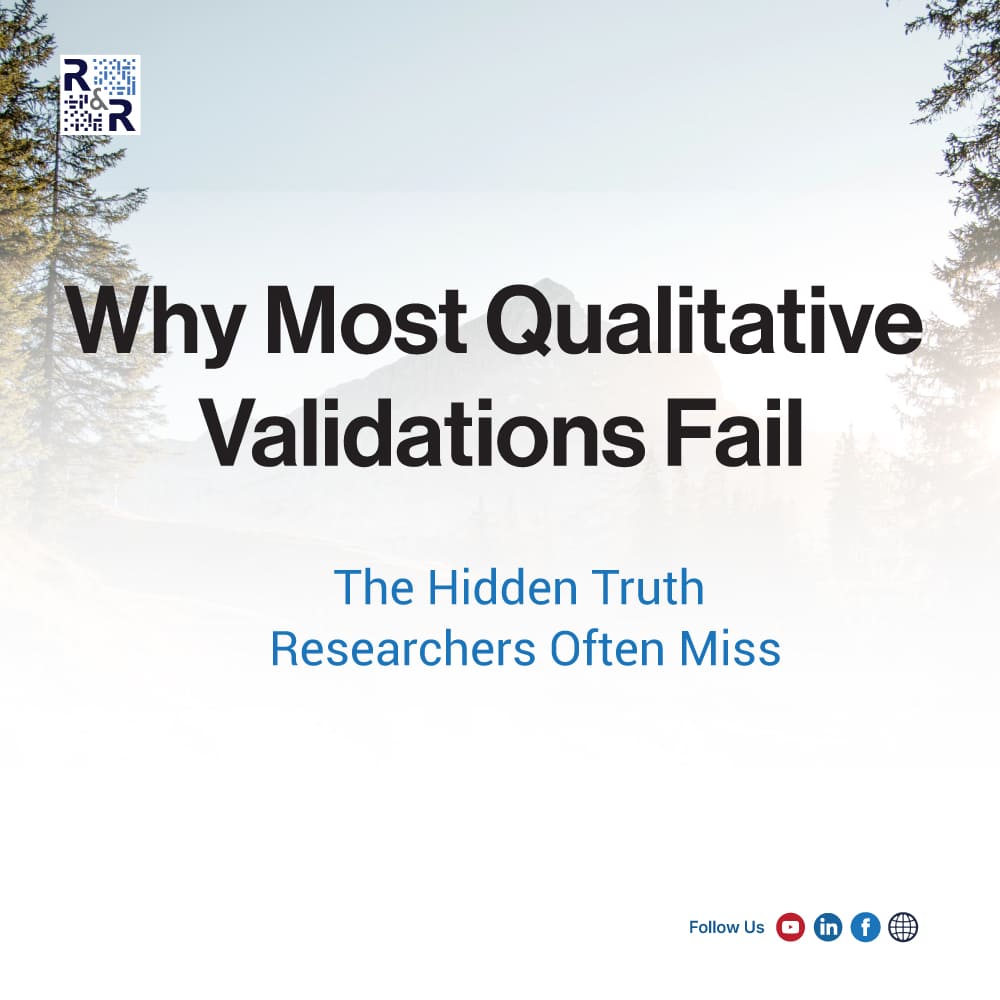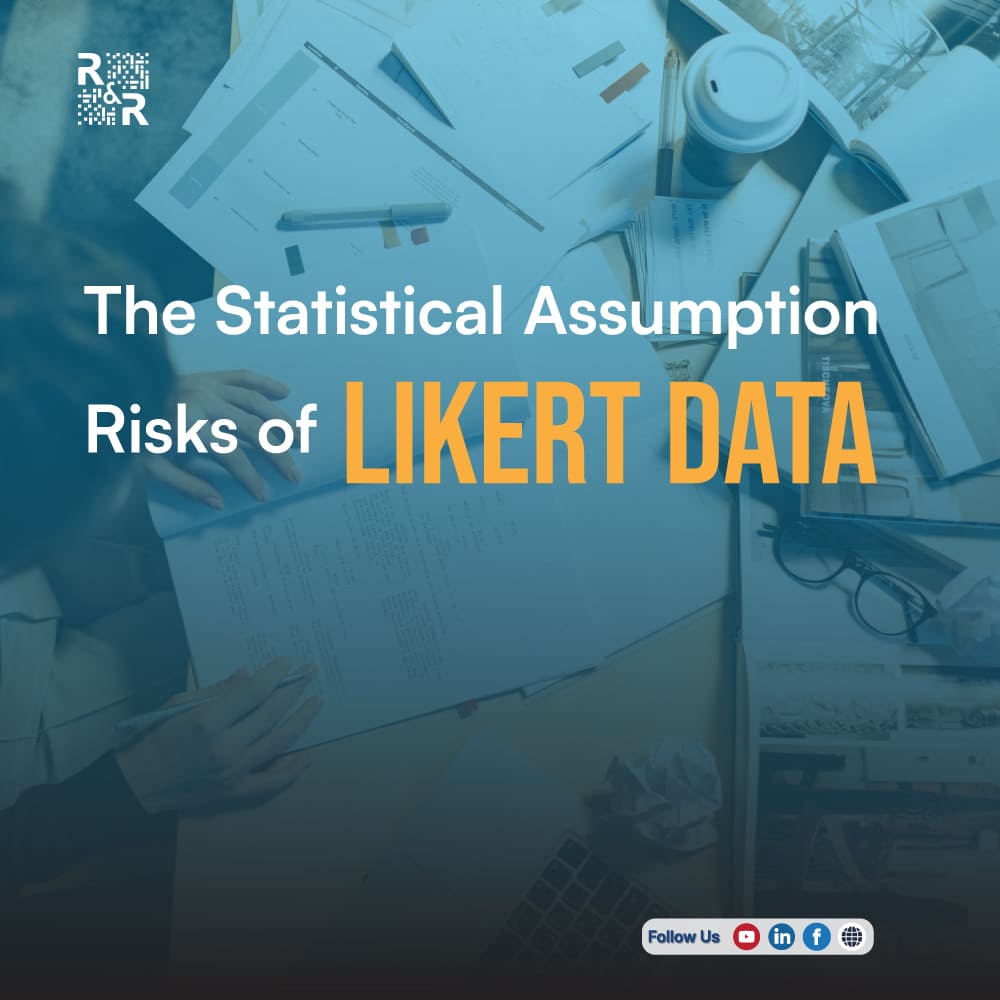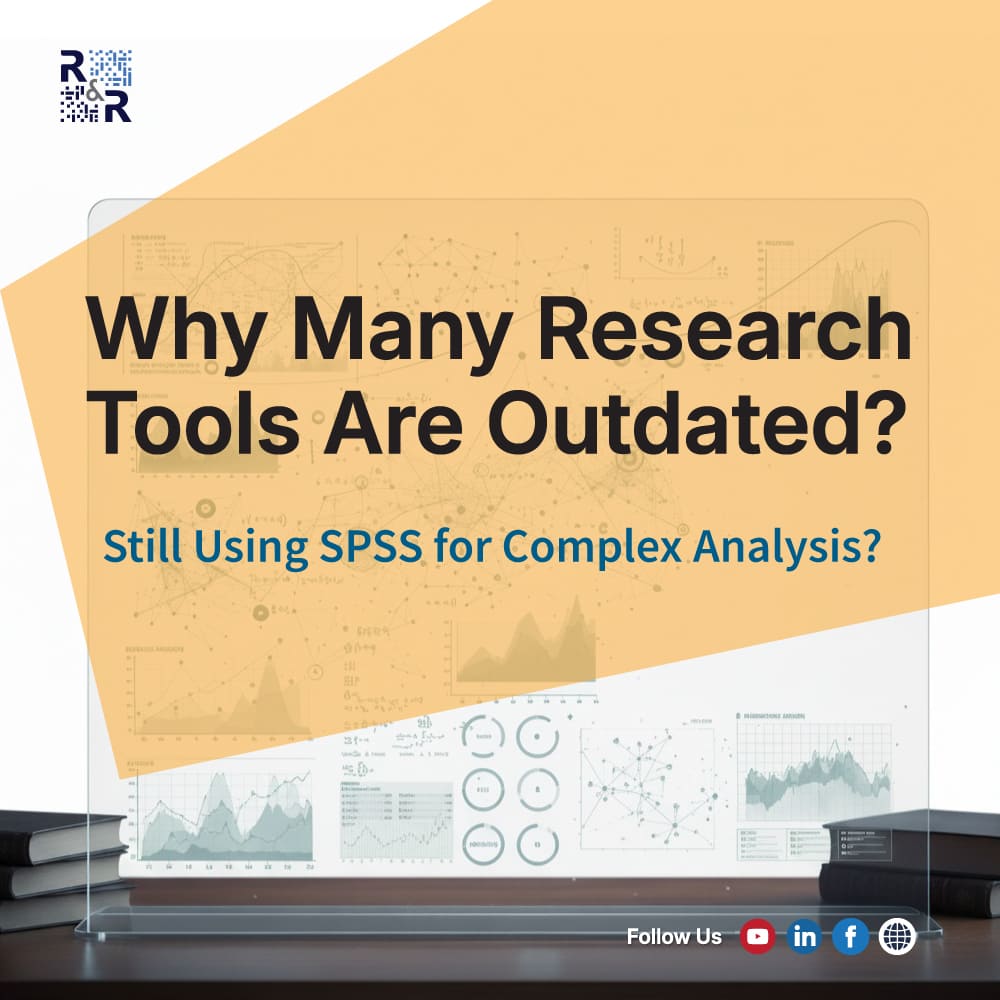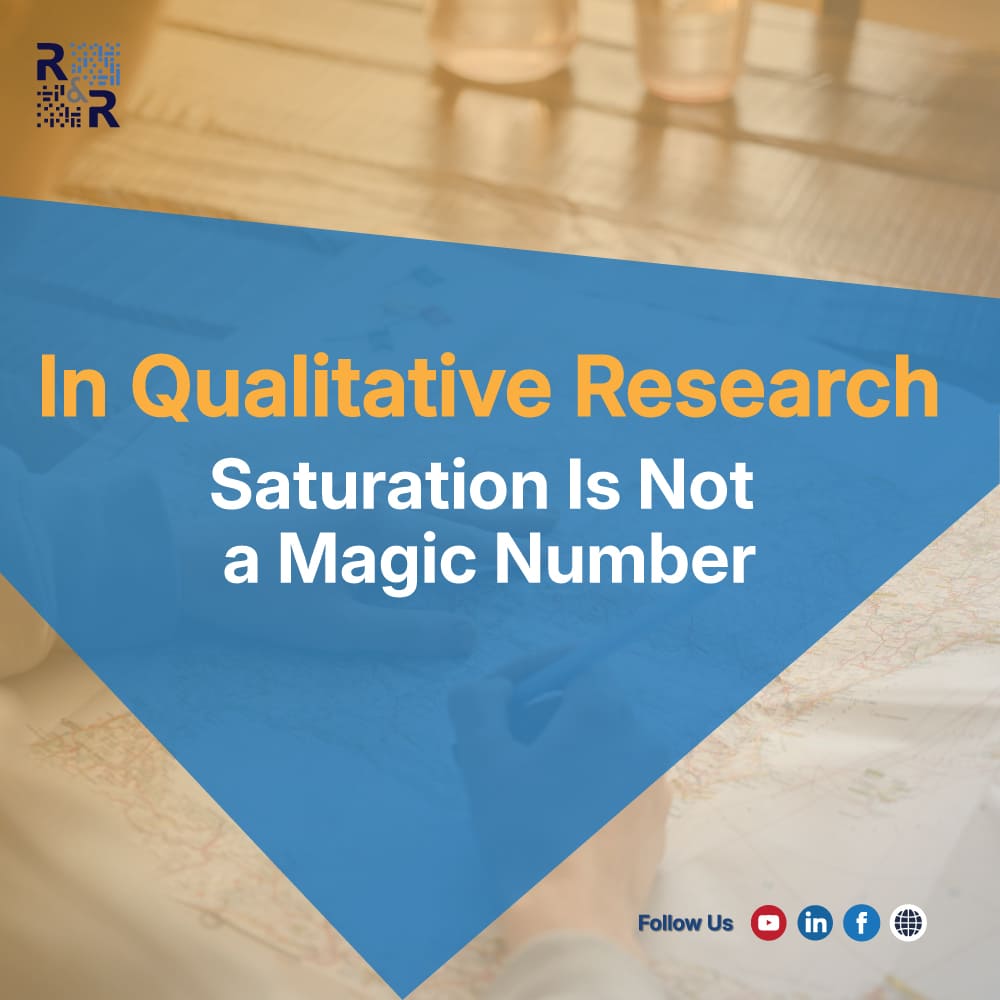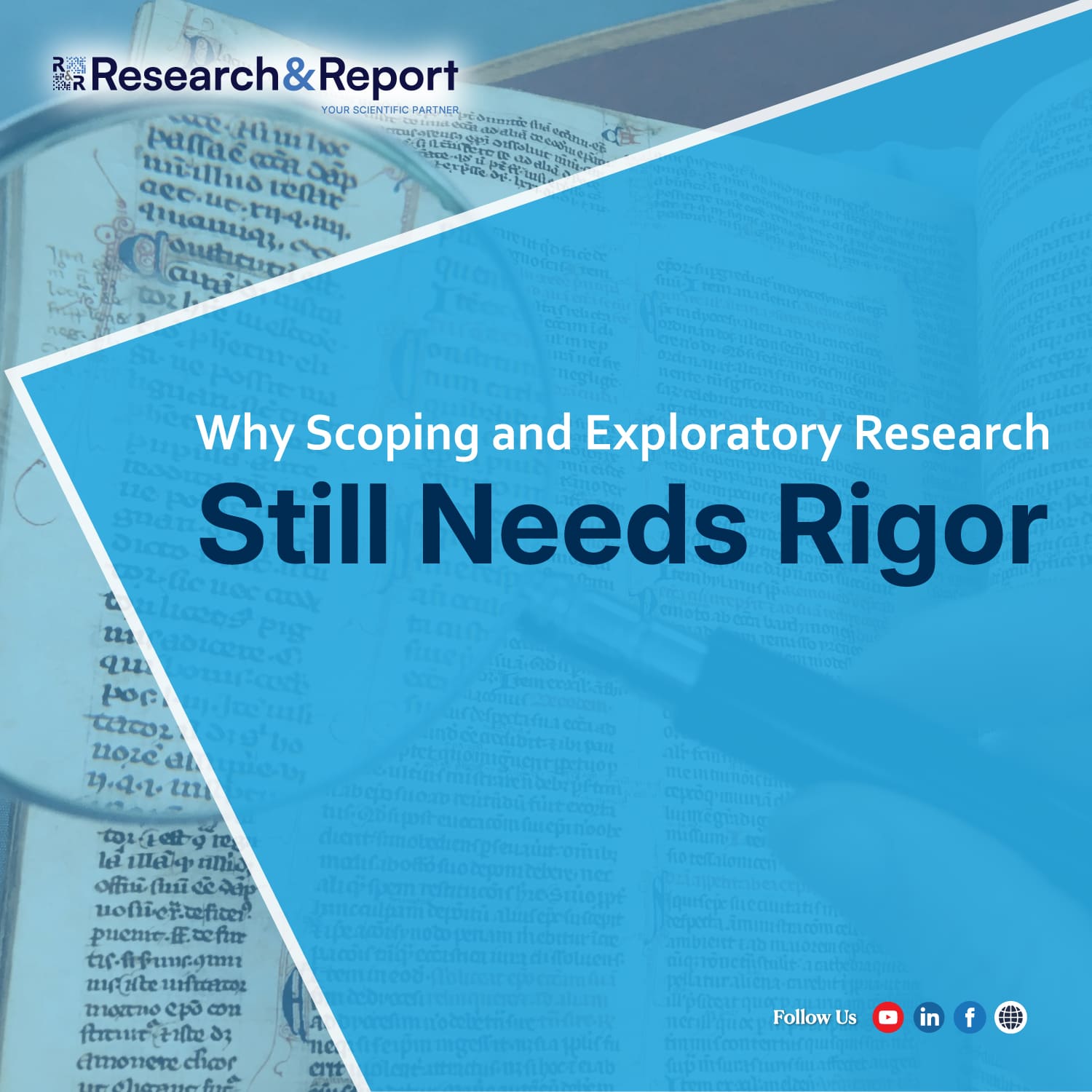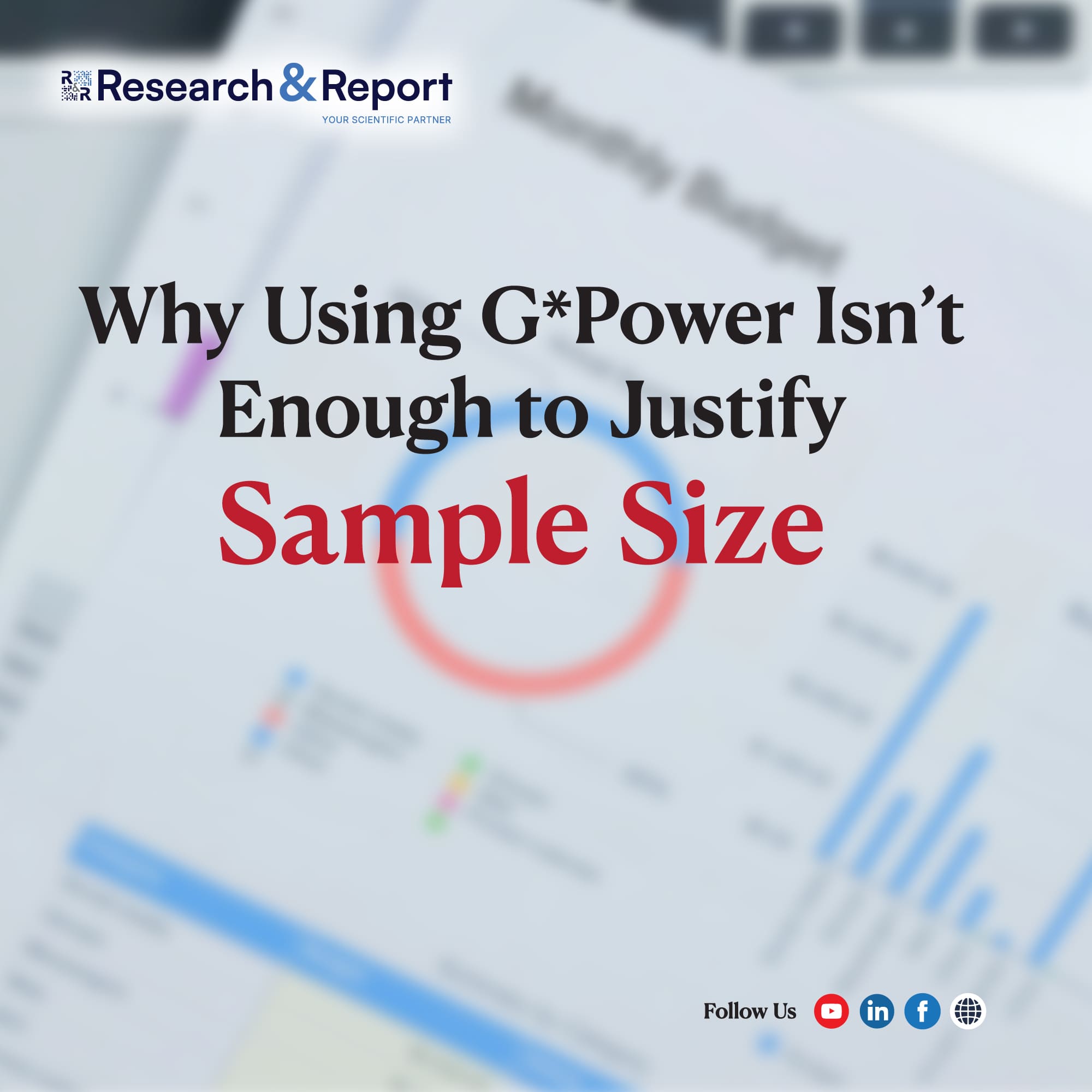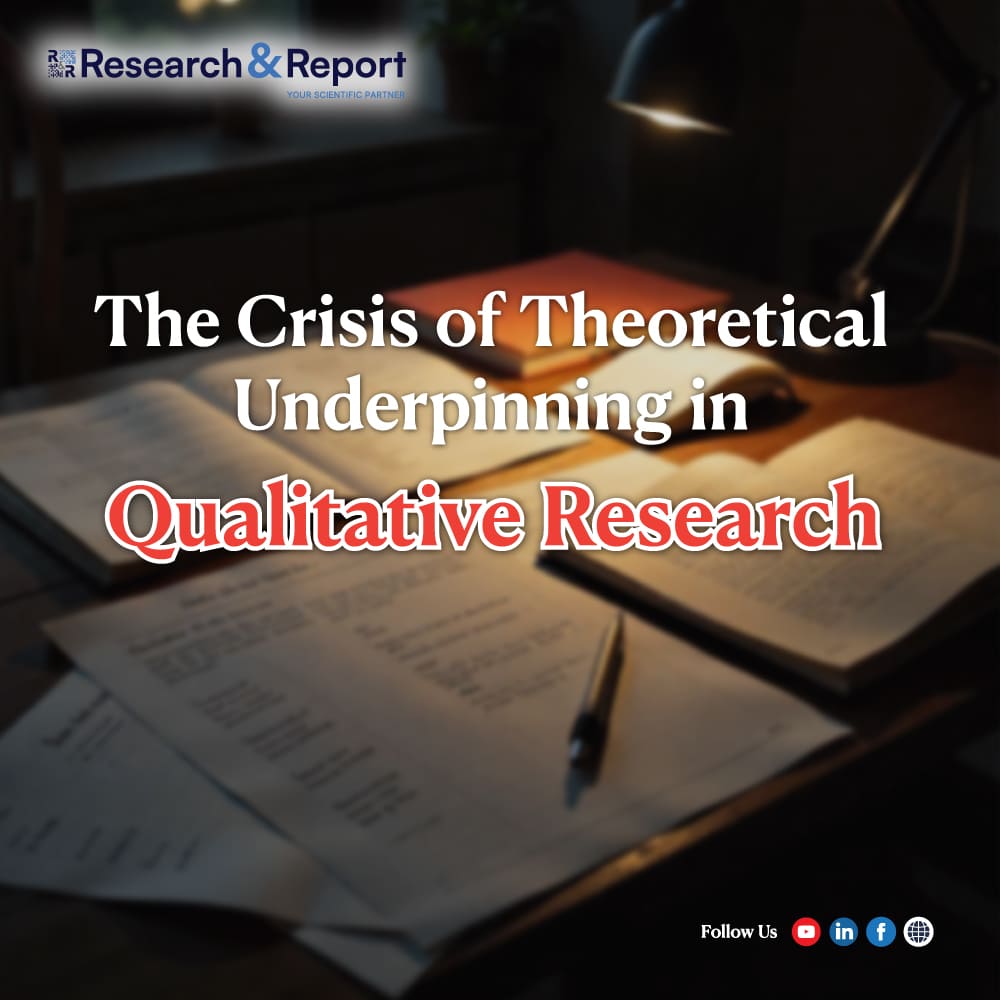Why Most Qualitative Validations Fail
Qualitative research is rich. But richness alone doesn’t guarantee validity. In fact, many qualitative studies fail validation due to subtle, often overlooked flaws. At Research & Report Consulting, we’ve audited hundreds of studies and identified recurring critical issues that most researchers don’t realize. Fixing these can elevate your findings from “interesting” to trustworthy. Key Issues … Read more

